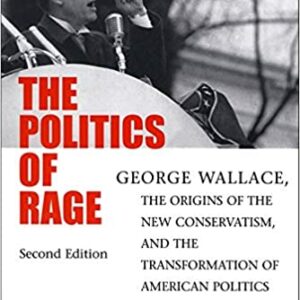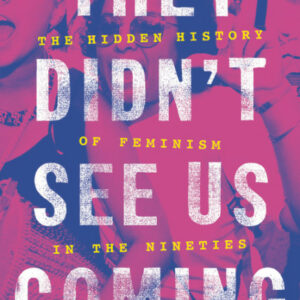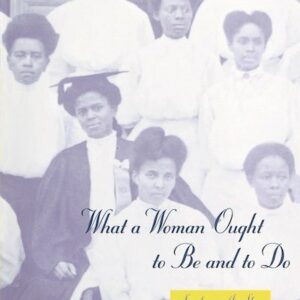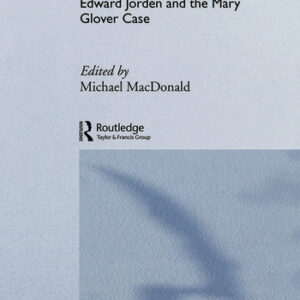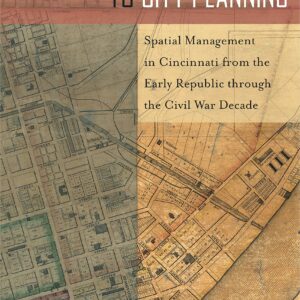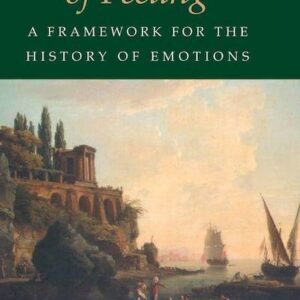
The Navigation of Feeling: A Framework for the History of Emotions
By William M. Reddy (NHC Fellow, 1995–96) In The Navigation of Feeling: A Framework for the History of Emotions, William M. Reddy offers a theory of emotions which both critiques and expands upon recent research in the fields of anthropology and psychology. Exploring the links between emotion and cognition, between culture and emotional expression, Reddy … Continued
